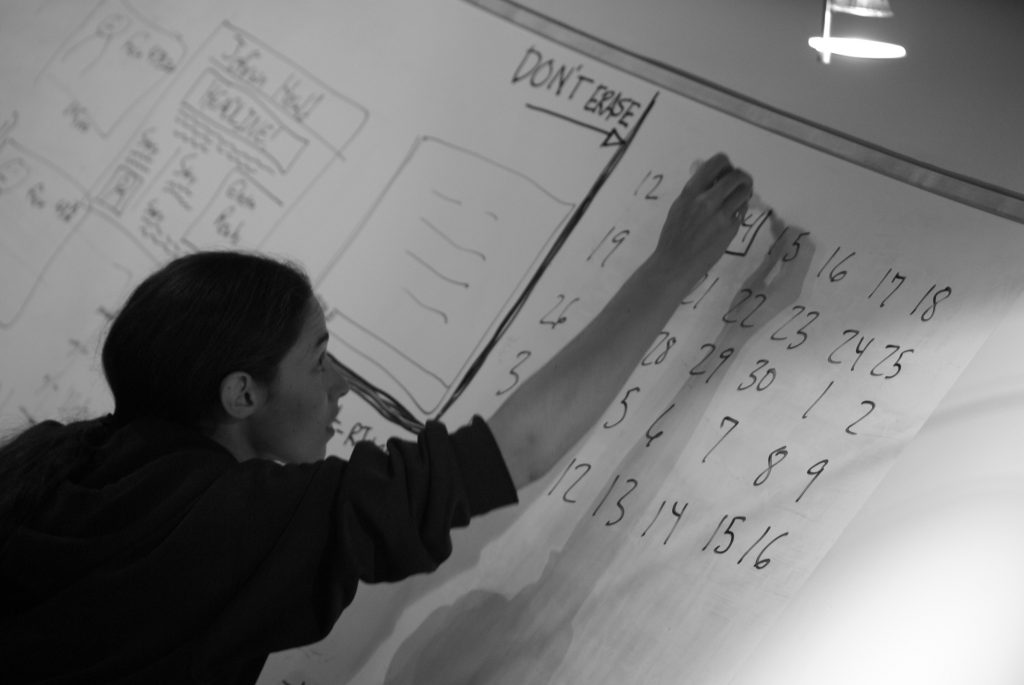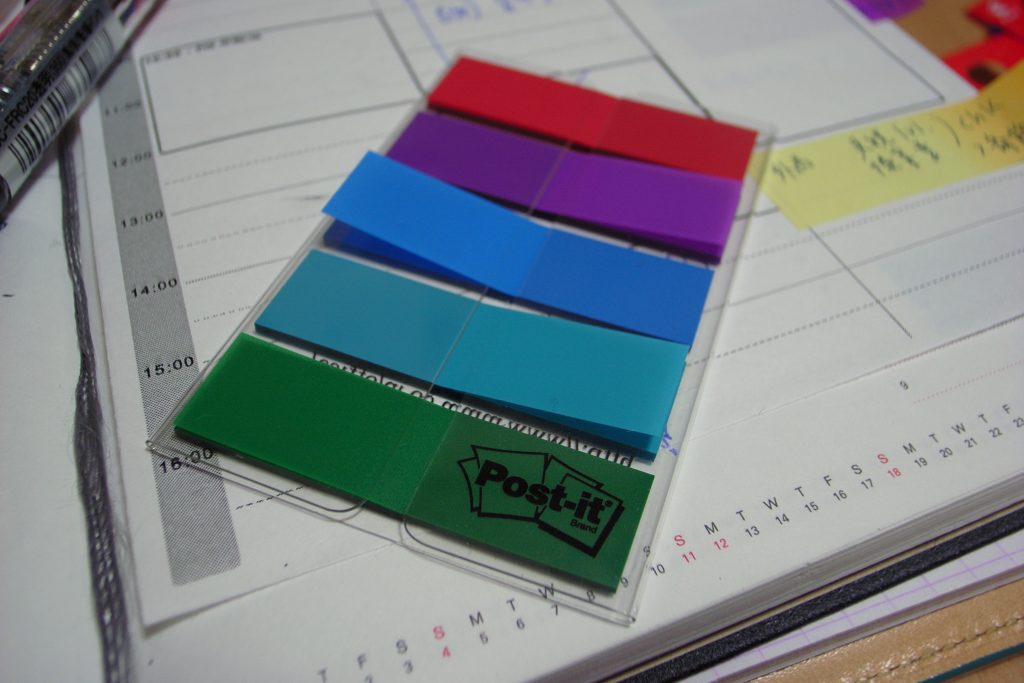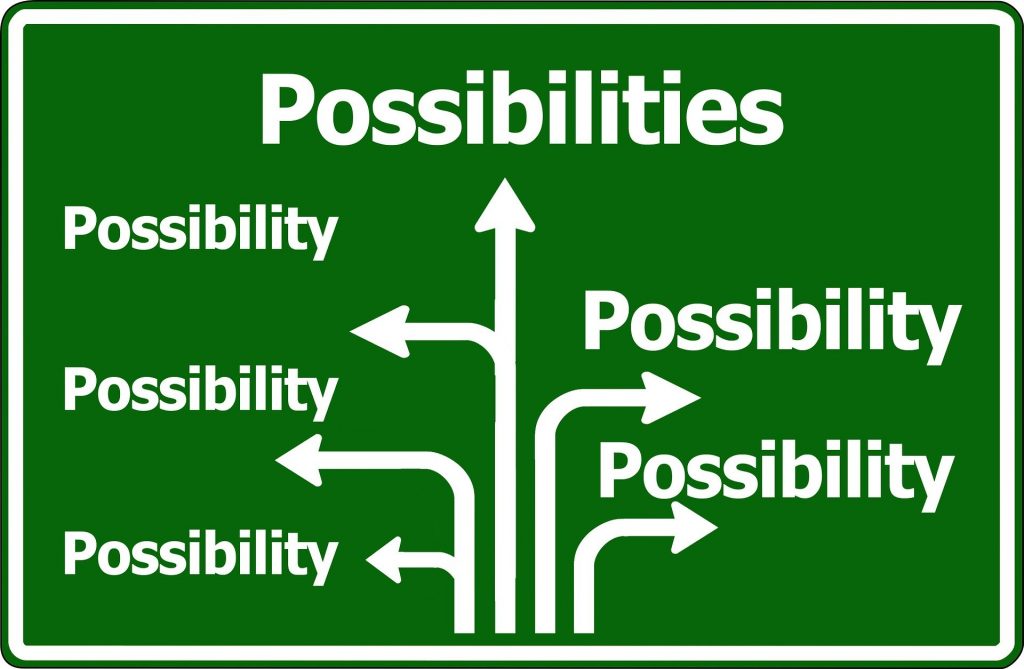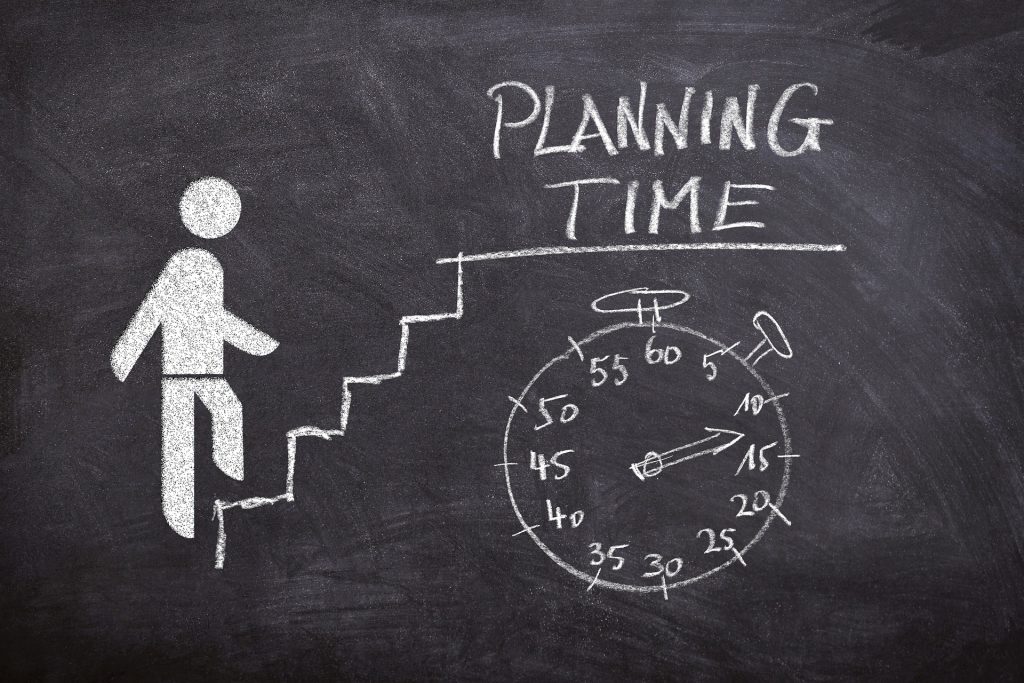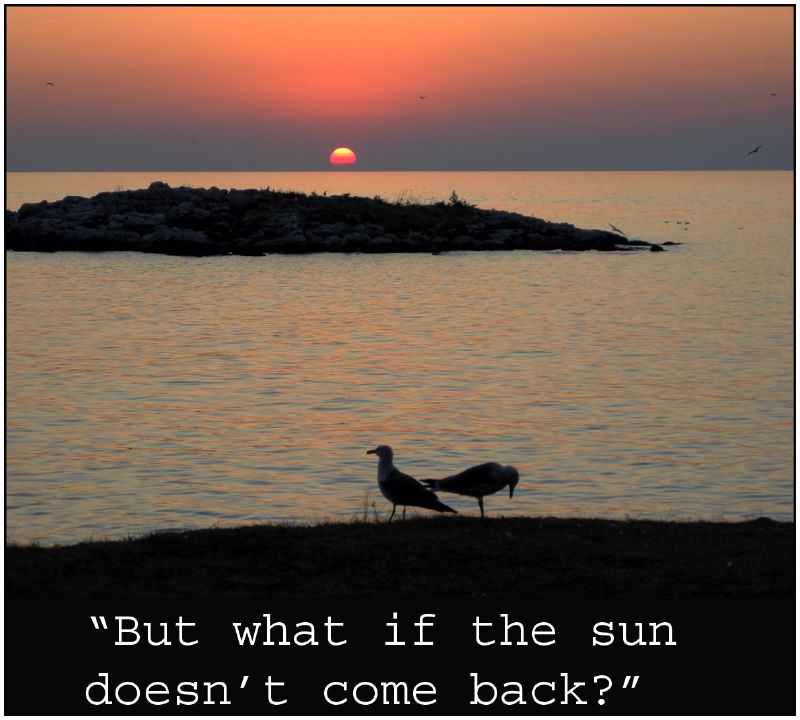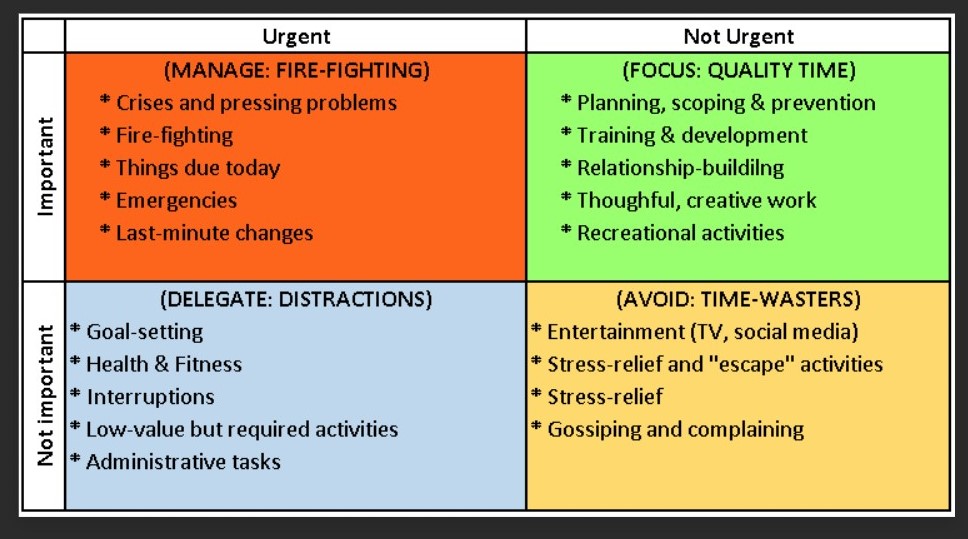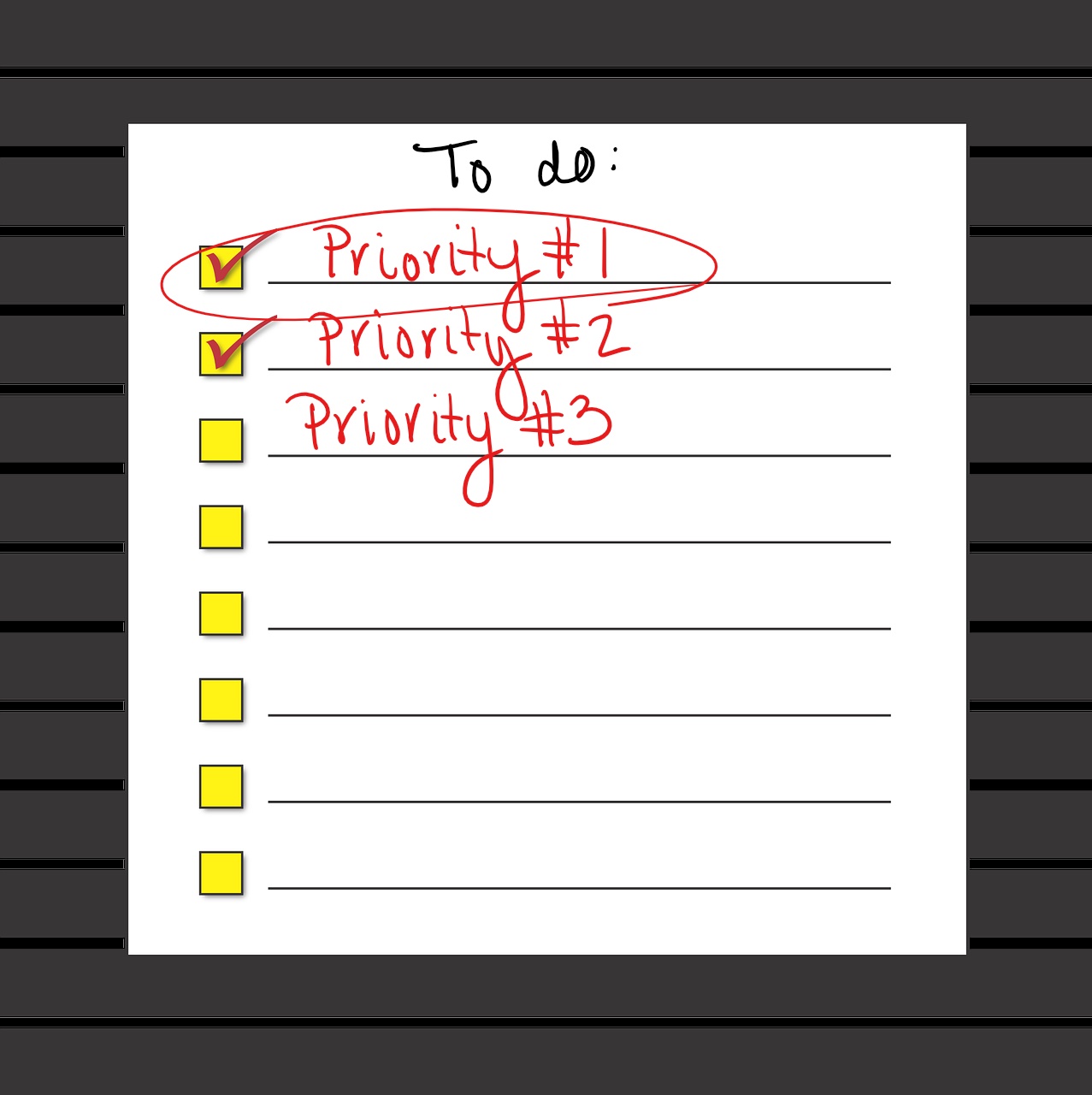I Find That Intentionally Creating a Sense of Urgency Can Increase Productivity
How you view and handle urgency is a choice. You can choose to use urgency to your benefit, or you can let urgency be a negative thing.
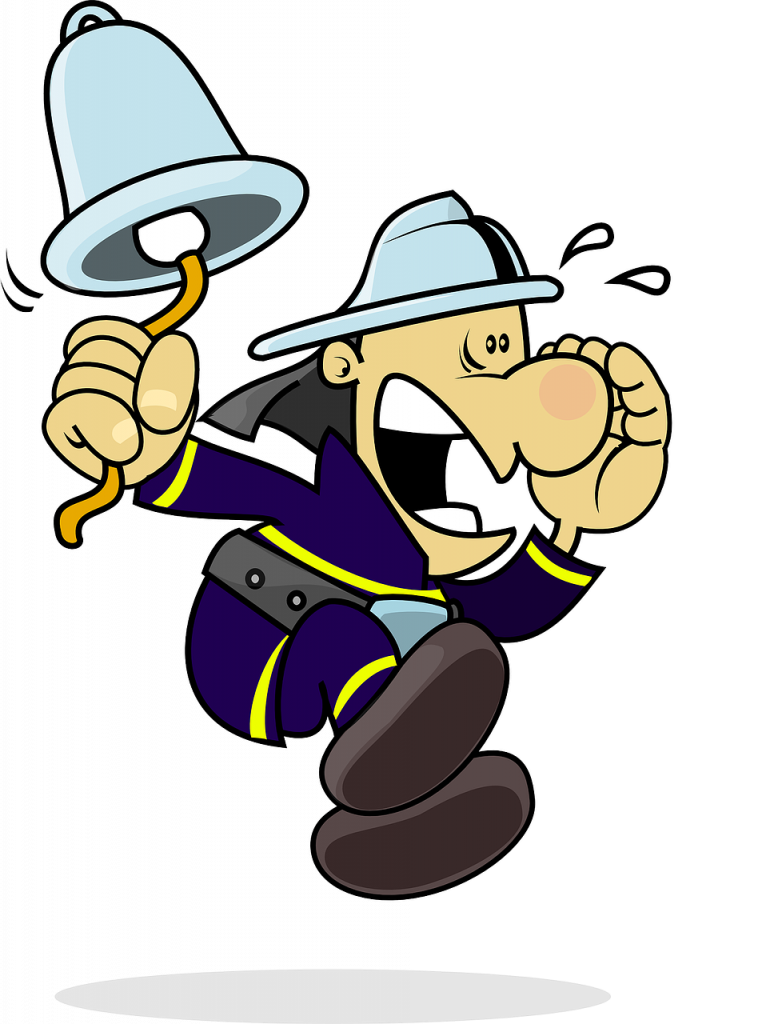
When something has urgency, it requires speedy action. If you’re standing in your front yard and a tornado is coming straight toward you…there would be some urgency to take cover from the storm.
Urgency is a pressing importance requiring speedy action.
Some people view urgency as positive…others not so much. The perspective with which you view urgency is the choice.
I have a relatively extensive and structured morning and evening routine. It might feel a little daunting to some people. 😊
As a part of that routine, I review my…
- Mission
- Vision for the future
- Core values
- The Seven Decisions
- 12 Life Principles
- A reminder to dream big and have faith
- Goals
As I was going through the goal portion of my morning routine a few days ago, I realized we are rapidly approaching the end of 2022 and we are not where we need to be to accomplish our goals.
As I thought about this, my sense of urgency became elevated. We are going to need to start pushing extra hard to even get close to those goals.

This is where urgency, as a negative, begins to set in. One of the things that often happens in a situation like this is, you start running around like a chicken with its head cut off and no clear direction.
Or you can take control of the situation, choose to make the decisions needed and start moving forward.
Another part of my routine is to narrow the overwhelming number of things that need to be done down to the first next thing. This is a part of how I prioritize. What is the first next thing that needs to be done? One of the ways I do this is by reading through this list of eleven actions.
FIRST NEXT THING
- Start with prayer
- Get off my “BUT”, stop making excuses
- Put it on the calendar
- Don’t be afraid to ask for help (delegation / accountability)
- Take goals seriously (create a sense of urgency early)
- Maintain positive forward momentum
- Celebrate wins
- Don’t overthink it
- Break the goals down into brick size pieces
- Make goals about giving and not about getting
- Review progress regularly, and be accountable
#5 Take goals seriously (create a sense of urgency early)
As I read through this list I was thinking about moving forward with our goals. When I got to #5, take goals seriously (create a sense urgency early) I remembered where this came from.
Before I started Timber Creek Construction, I was a partner in another construction company. My role in this partnership was production management.
One of the things that seemed to happen constantly is that as we got nearer and nearer the completion date, the sense of urgency picked up. And with that, productivity picked up. I was amazed at how much more got done as the deadline approached.
That’s when I realized that if we would create that sense of urgency early, it would increase productivity throughout the entire project and the company. Now that was easier said than done.
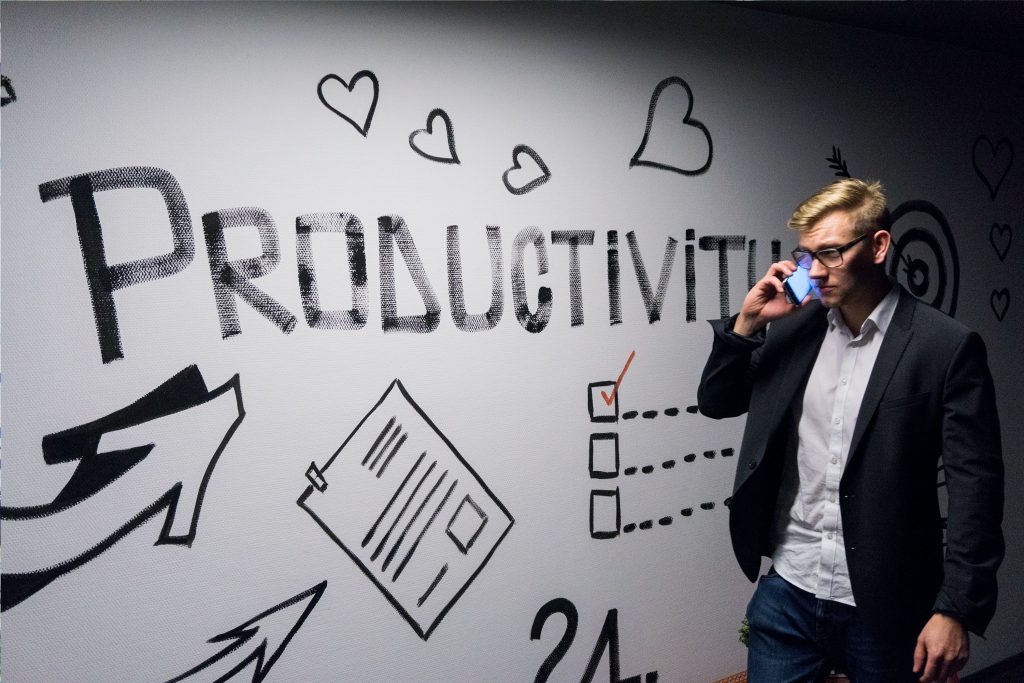
The tricky thing is how to consistently create that sense of urgency early.
Just like our company is behind on our goals and the sense of urgency is ramping up…
I should have created the sense of urgency EARLIER.
I can’t go back and change the past, but I can learn from it and change the future.




